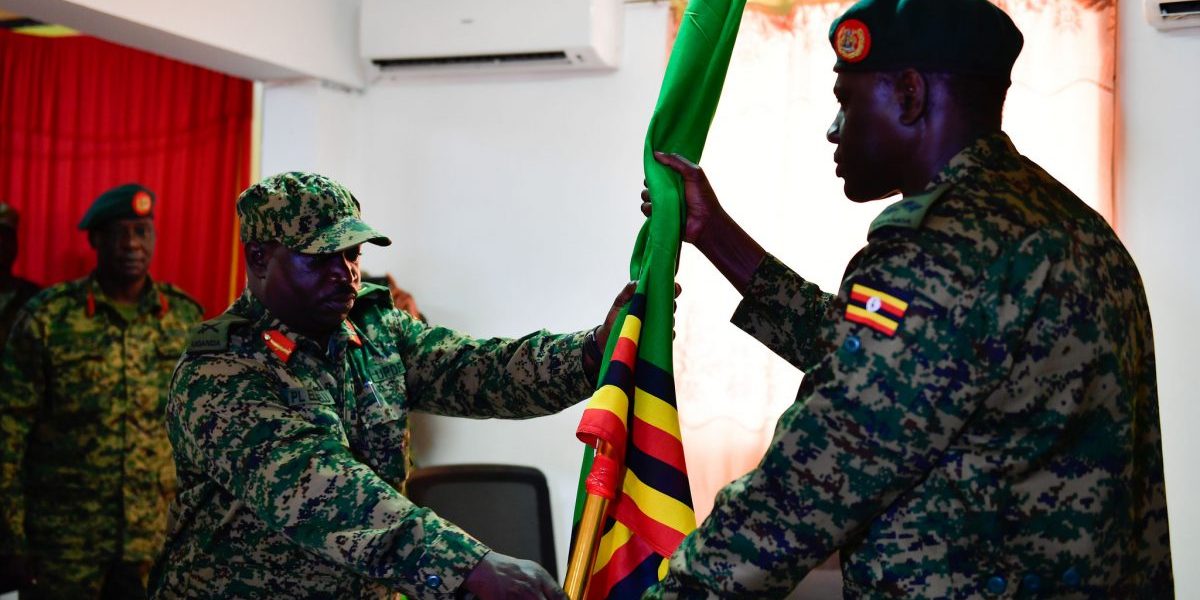In Uganda, after the National Resistance Movement took power a ‘no-party democracy’ system was implemented, which remained even after a constitutional referendum was presented to the public in 2000. Uganda’s ‘no-party democracy’ system inspired the Rwandese Patriotic Front (RPF). Since the 1960s, Rwanda functioned as a one-party state. In the early 1990s there was a brief period of multipartyism, but the extreme Hutu/Tutsi clashes led to genocide in 1994, after which the RPF became a dictatorship. Similarly, in Eritrea an ethnic division gave rise to the guerrilla movement – the Eritrean Liberation Front (ELF), where Eritrean nationalists felt a separate identity to the Ethiopians. This nationalism driven by self-determination transformed the ELF, in the 1990s, into the totalitarian Popular Front for Justice and Development, and has left no space for political or civil activity. Similarly to the Eritrean strife for independence, the Southern Sudanese guerrilla movement – the Sudan People’s Liberation Army – which came to power in 2005, initially fought for the independence of Southern Sudan from the Khartoum government, and although it has not received statehood, it functions as a separate entity.
SAIIA sincerely thanks those who acted as peer reviewers for these papers.








